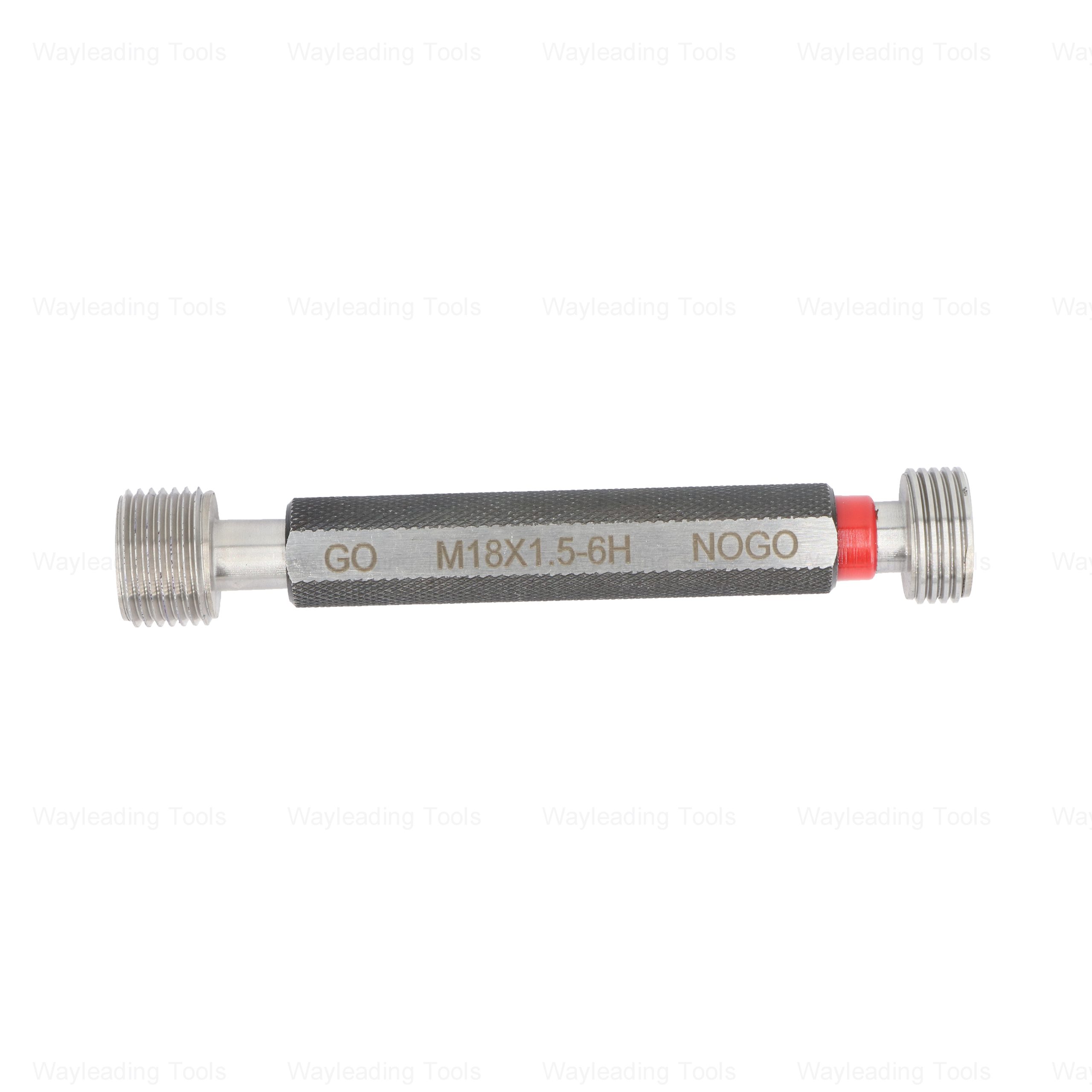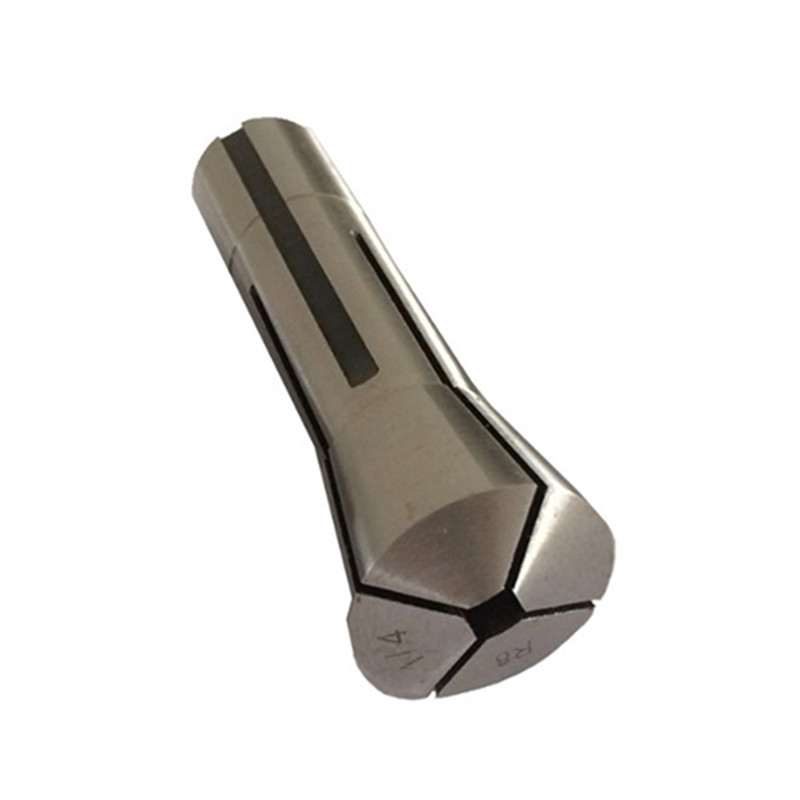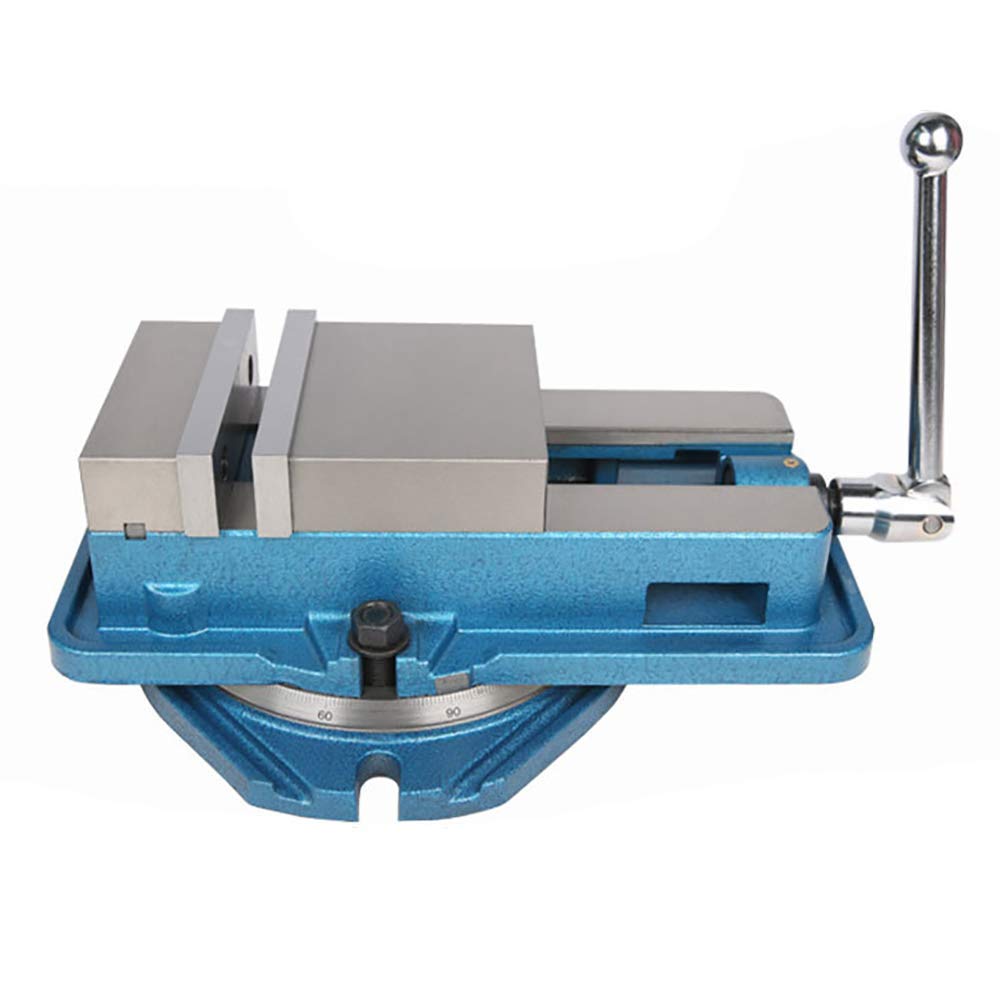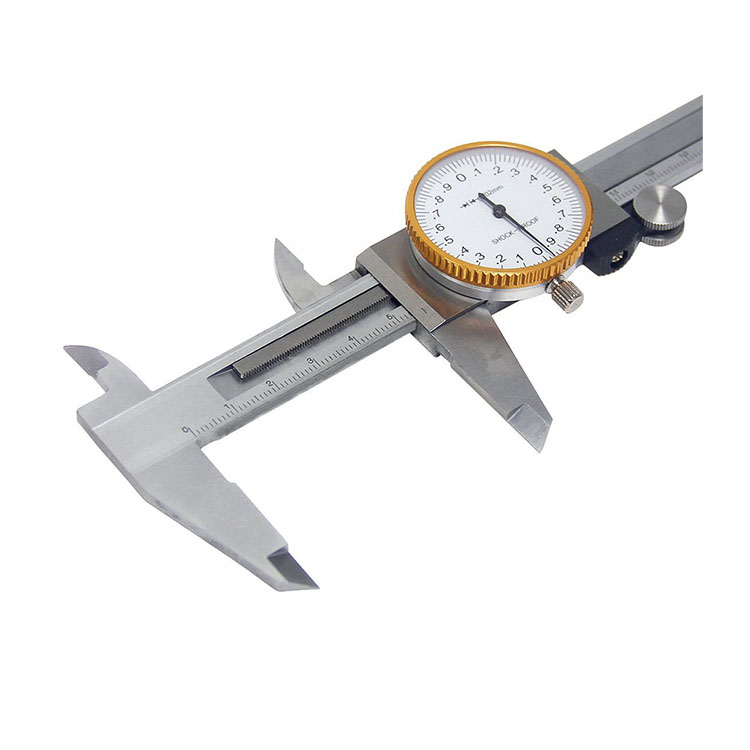Hand Tap Suppliers
Finding reliable hand tap suppliers can be challenging. This guide provides a comprehensive overview of what to look for in a hand tap supplier, including factors like material quality, tap types, and reputation. It also offers practical tips for selecting the right taps for your specific needs and highlights reputable suppliers in the industry.
Understanding Hand Taps
Hand taps are essential tools for creating internal threads in various materials, primarily metal. Unlike machine taps used with powered equipment, hand taps are operated manually, offering greater control and precision, especially in delicate or intricate threading applications.
Types of Hand Taps
Understanding the different types of hand taps is crucial for selecting the right ones for your project. The most common types include:
- Taper Taps: These taps have a gradual taper, making them easier to start and ideal for threading through holes. They typically remove about 55% of the material.
- Plug Taps: Plug taps have a less pronounced taper than taper taps and are used after a taper tap to further refine the thread. They remove about 75% of the material.
- Bottoming Taps: Bottoming taps have little to no taper and are designed for threading to the bottom of a blind hole. They are used after plug taps to create a full thread to the very end.
- Spiral Point Taps (Gun Taps): These taps push chips ahead of the cutting action, making them suitable for through holes.
- Spiral Flute Taps: These taps pull chips back out of the hole, ideal for blind holes.
Materials Used in Hand Taps
The material of the hand tap itself significantly impacts its performance and lifespan. Common materials include:
- High-Speed Steel (HSS): HSS taps are versatile and suitable for a wide range of materials.
- Cobalt Steel: Cobalt steel taps offer increased heat resistance and are ideal for harder materials like stainless steel.
- Carbon Steel: Carbon steel taps are less expensive but less durable than HSS or cobalt steel taps. They are suitable for softer materials.
- Carbide: Carbide taps provide excellent hardness and wear resistance and are used for abrasive materials and high-volume production.
Key Considerations When Choosing Hand Tap Suppliers
Selecting the right hand tap supplier is crucial to ensuring you get high-quality tools that meet your specific needs. Here are some important factors to consider:
Quality and Material
Ensure the supplier offers hand taps made from high-quality materials that match the intended application. Verify the material certifications and specifications to ensure they meet industry standards.
Tap Types and Sizes
A reputable hand tap supplier should offer a wide range of tap types and sizes to accommodate different threading needs. This includes taper, plug, bottoming, spiral point, and spiral flute taps, as well as various thread sizes and pitches.
Supplier Reputation and Experience
Check the supplier's reputation and experience in the industry. Look for reviews, testimonials, and case studies to assess their reliability and customer satisfaction. A long-standing supplier with a proven track record is generally a safer bet.
Pricing and Availability
Compare prices from different hand tap suppliers to ensure you're getting a fair deal. Also, check the availability of the taps you need and the lead times for delivery. A supplier with readily available stock can help you avoid delays in your projects.
Customer Support and Technical Expertise
Choose a hand tap supplier that offers excellent customer support and technical expertise. They should be able to answer your questions, provide guidance on selecting the right taps, and offer troubleshooting assistance if needed.
Finding Reputable Hand Tap Suppliers
While we cannot explicitly recommend specific suppliers (as that would be product endorsement), here are some strategies for finding reputable hand tap suppliers:
- Online Research: Use search engines to find suppliers and compare their offerings.
- Industry Directories: Explore industry directories and trade associations for listings of reputable suppliers.
- Referrals: Ask for referrals from other professionals in your industry.
- Trade Shows: Attend trade shows to meet suppliers in person and see their products firsthand.
Tips for Using Hand Taps
Using hand taps correctly is essential for creating accurate and durable threads. Here are some tips to keep in mind:
- Use the Right Tap Wrench: Select a tap wrench that fits the tap size and provides adequate leverage.
- Lubricate the Tap: Apply cutting fluid or oil to the tap to reduce friction and heat.
- Start Straight: Ensure the tap is perpendicular to the workpiece before applying pressure.
- Turn and Back Off: Turn the tap a few turns clockwise, then back it off slightly to break the chip.
- Clean the Threads: Remove chips from the threads as you work.
- Use the Correct Tap Sequence: Use taper, plug, and bottoming taps in sequence for best results in blind holes.
Wayleading Tools: Precision and Quality in Tooling Solutions
At Wayleading Tools, we understand the importance of high-quality tooling for your projects. We strive to provide a diverse range of tools and solutions to meet the evolving needs of the machining industry. While we don't directly sell hand taps, we focus on offering complementary tools and equipment that support threading operations. Discover more about our commitment to precision and quality at www.wayleading.com. Our dedication to customer satisfaction ensures you receive the support and expertise needed for your success.
Common Hand Tap Problems and Solutions
Even with the best tools and techniques, problems can sometimes arise when using hand taps. Here are some common issues and their solutions:
- Tap Breakage:
- Cause: Excessive force, hard material, improper lubrication.
- Solution: Reduce force, use a tap designed for hard materials, apply more lubricant.
- Thread Stripping:
- Cause: Overtightening, using the wrong tap size.
- Solution: Use a torque wrench, select the correct tap size.
- Chip Clogging:
- Cause: Inadequate chip removal, unsuitable tap design.
- Solution: Back off the tap frequently to remove chips, use a spiral point or spiral flute tap.
Conclusion
Choosing the right hand tap suppliers and using the correct techniques are essential for creating accurate and durable threads. By considering factors like material quality, tap types, supplier reputation, and customer support, you can ensure you get the best tools for your projects. Always prioritize safety and follow best practices to achieve optimal results. Investing in quality tools and knowledge pays off in the long run, leading to efficient and reliable threading operations.
Related products
Related products
Best selling products
Best selling products-
 HSS Keyway Broach With Metric And Inch Size, Push Type
HSS Keyway Broach With Metric And Inch Size, Push Type -
 TCT Annular Cutters With Weldon Shank For Metal Cutting
TCT Annular Cutters With Weldon Shank For Metal Cutting -
 Precision Outside Micrometer Of Inch & Metric With Rachet Stop
Precision Outside Micrometer Of Inch & Metric With Rachet Stop -
 Type E Oval Tungsten Carbide Rotary Burr
Type E Oval Tungsten Carbide Rotary Burr -
 Precision Digital Bore Guage From 6-450mm Range
Precision Digital Bore Guage From 6-450mm Range -
 Inch HSS 1/2″ Reduce Shank Drill Bit For Metal Cutting Of High Precision
Inch HSS 1/2″ Reduce Shank Drill Bit For Metal Cutting Of High Precision -
 Precision V Block Set With High Quality Type
Precision V Block Set With High Quality Type -
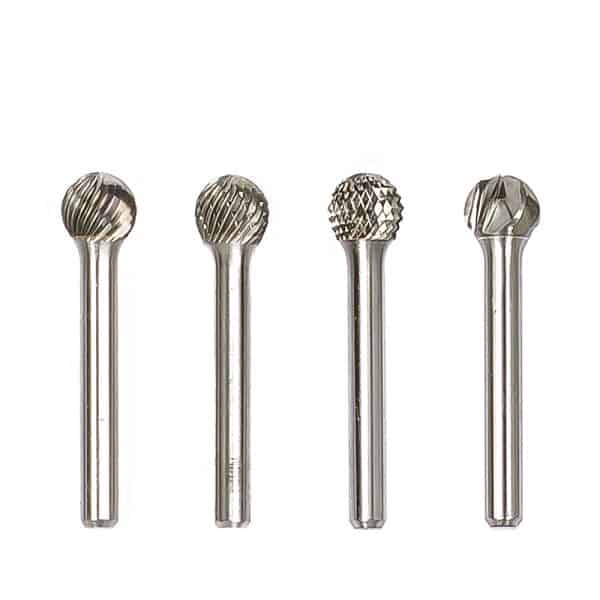 Type D Ball Tungsten Carbide Rotary Burr
Type D Ball Tungsten Carbide Rotary Burr -
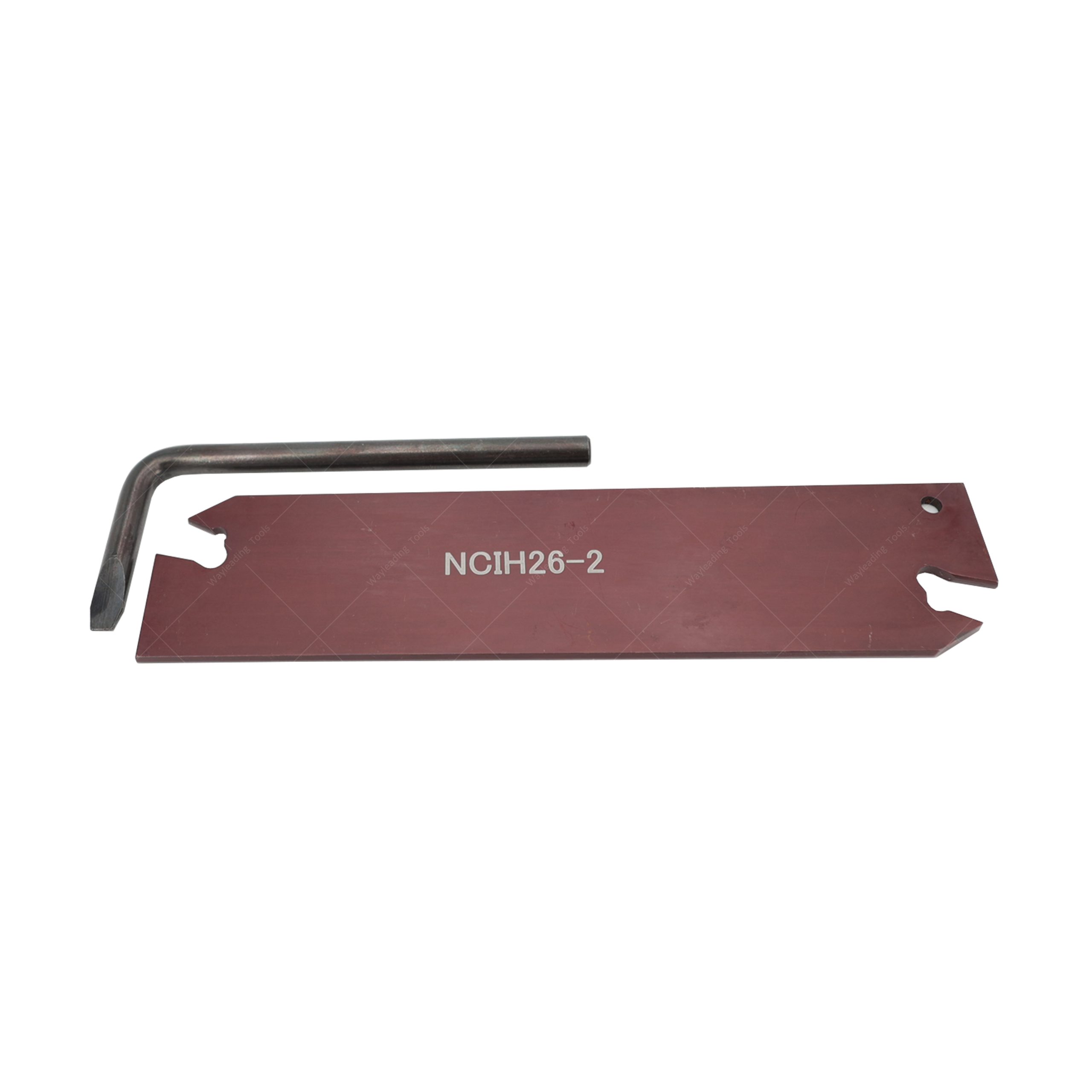 Parting & Grooving Tool Blades For GTN Blades
Parting & Grooving Tool Blades For GTN Blades -
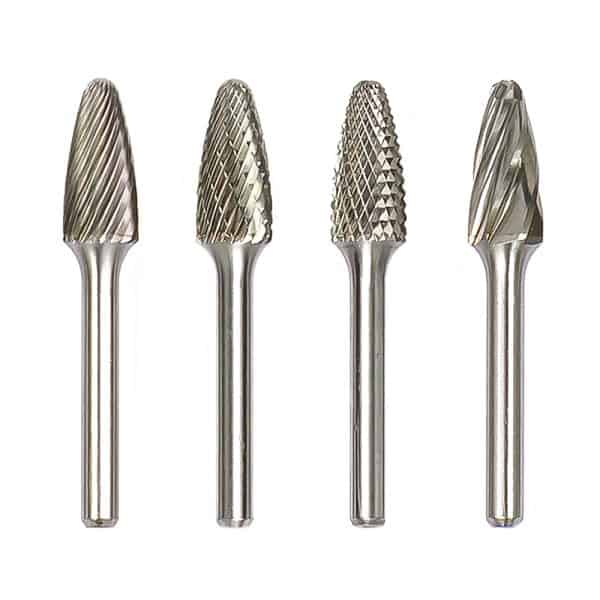 Type F Ball Nose Tree Tungsten Carbide Rotary Burr
Type F Ball Nose Tree Tungsten Carbide Rotary Burr -
 Type C Cylinder Ball Nose Tungsten Carbide Rotary Burr
Type C Cylinder Ball Nose Tungsten Carbide Rotary Burr -
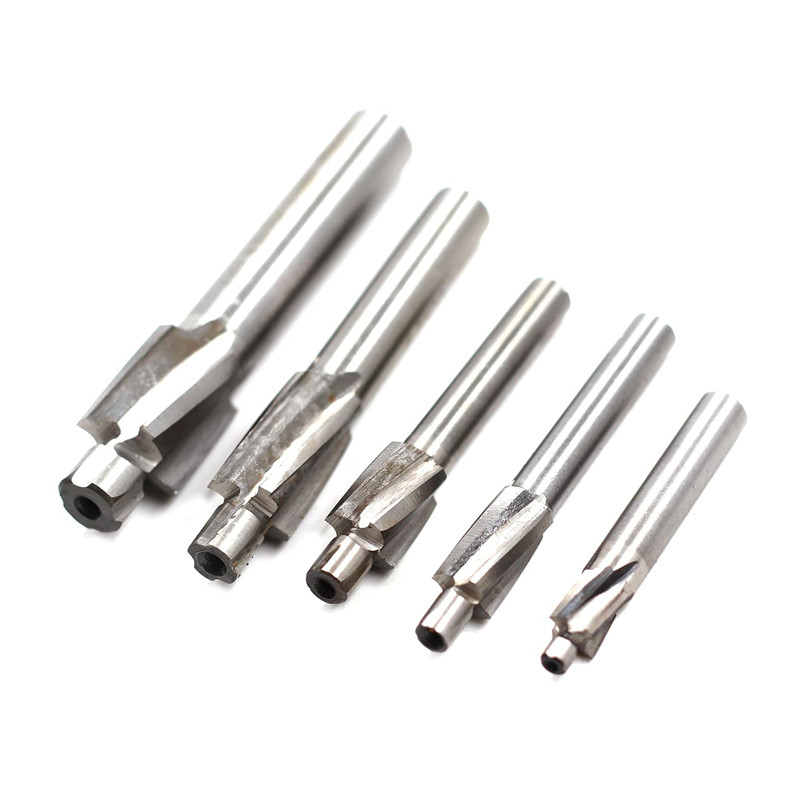 3 Flutes HSS Counterbore Drill Bit With Metric And Inch Size
3 Flutes HSS Counterbore Drill Bit With Metric And Inch Size




